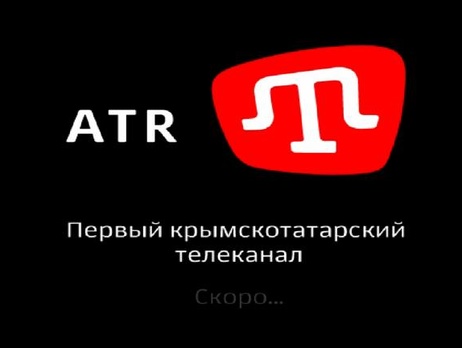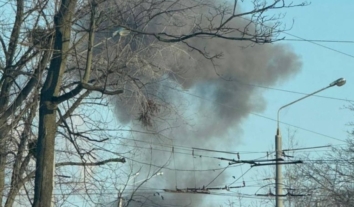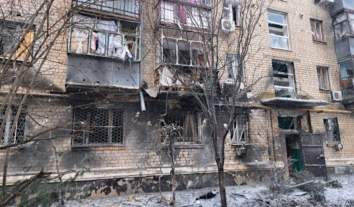ATR TV channel set to move to Lithuania due to lack of funding
Crimean Tatar ATR TV channel states it is set to move to Lithuania due to lack of funding from the state budget of Ukraine.
 The management of the ATR TV channel said this in a commentary to the Ukrayinska Pravda online newspaper.
The management of the ATR TV channel said this in a commentary to the Ukrayinska Pravda online newspaper.
“We have a lot of historical ties with Lithuania. The country is always providing much support. For example, in spring, the meeting of the executive committee of the Congress of the Crimean Tatars was held in the premises of the Lithuania’s Seimas. All the political leaders of Lithuania have the unambiguous stance on Crimea,” editor-in-chief of the news department at the ATR channel Osman Pashayev said.
He recalled that the Ukrainian government had promised in its decree to allocate UAH 40 million in annual state assistance to the channel. However, the Finance Ministry of Ukraine has not yet allocated the funds, Pashayev said.
“The last argument is the economic one – if the European Commission implements the European Parliament’s recommendations on the financial support (paragraph 9 of the European Parliament resolution on Crimea dated 04/02/2016), we will benefit from basing our TV channel in the EU as we will spend less on its maintenance,” Pashayev said.
According to him, the own finances of the channel will be barely enough till the end of the year.
As a reminder, the ATR Media Group is owned by Crimean Tatar businessman and activist Lenur Islyamov. The media group also includes Lâle children’s television channel, Meydan radio station, which broadcasts in Crimea, 15minut.org online newspaper, and Qartbaba production publishing house.
After Crimea had been illegally annexed, the Russian-controlled authorities first did not give a broadcast license to the independent media outlets. Then, the ATR and other outlets managed to receive registration of the Russia’s Federal Supervision Agency for Information Technologies and Communications, but their work was constantly hindered.
Later, those media outlets lost the opportunity to work in Crimea and moved to the mainland Ukraine.
In the spring of 2015, Vice Prime Minister of Ukraine Vyacheslav Kyrylenko suggested allowing the channel’s broadcasting on the mainland territory.







